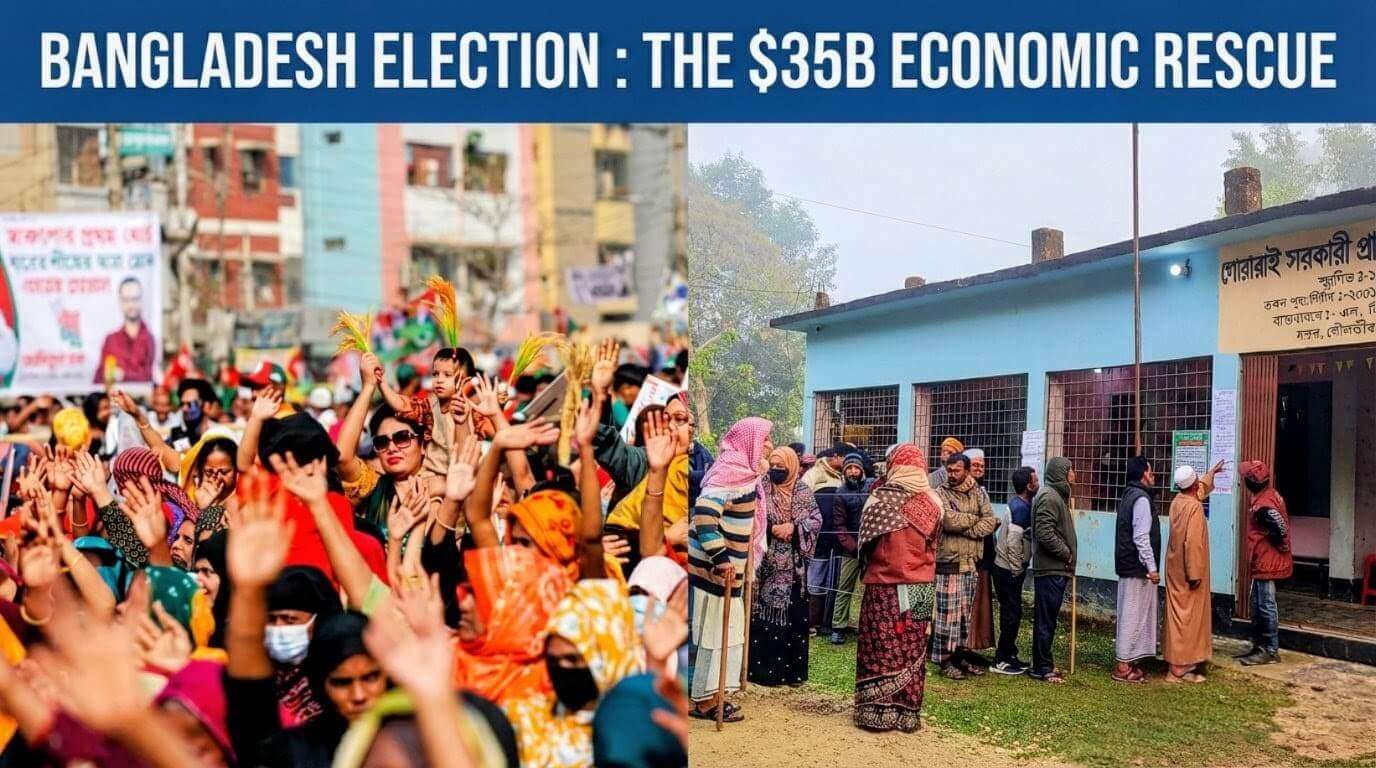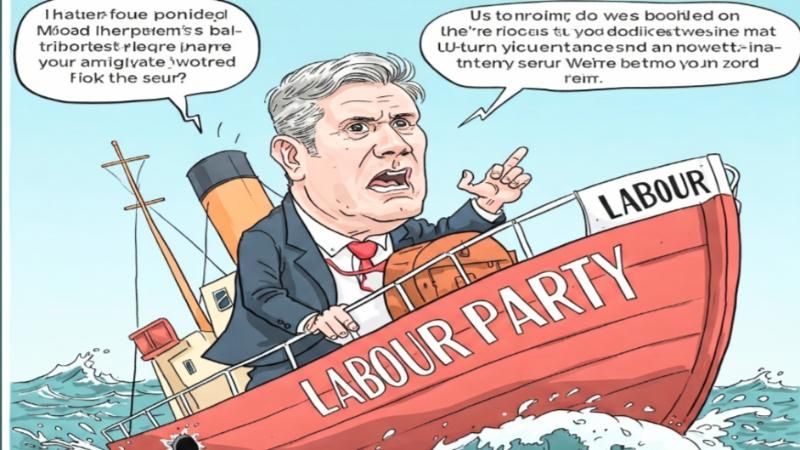The Labour government is reportedly considering a "U-turn" on its controversial Winter Fuel Payment cuts, a move political commentator Jennifer Powers suggests is an attempt to "head off a rebellion" within the party and address plummeting popularity. This comes amid growing public anger over immigration policies and their perceived impact on the economy and public services, further exacerbating Labour's declining support.
The Winter Fuel Payment cuts, announced last July by Chancellor Rachel Reeves as part of efforts to plug a £22bn "black hole" in the nation's finances, have faced widespread opposition. The policy change restricts eligibility to those born before September 23, 1958, who are claiming specific benefits, resulting in 10 million fewer pensioners being eligible for payments of up to £300.
Powers highlighted the £1.4 billion in savings the government aimed to achieve with the policy, noting the immediate backlash and its impact on Labour's performance in recent local elections. She suggested that the government is now considering watering down the eligibility criteria to include more pensioners, acknowledging the political damage caused by the cuts.
However, the Winter Fuel Payment issue is only part of a larger problem. The government is also planning significant welfare reforms, particularly targeting adult disability benefits (Personal Independence Payments - PIP), aiming for savings of around £6.5 billion. This issue is causing further divisions within Parliament and threatens the government's first potential defeat in the Commons.
The connection to immigration lies in the broader economic context. Increased immigration, while intended to address labour shortages, has been blamed by some for straining public services and contributing to economic pressures. This narrative has fuelled public discontent, impacting Labour's popularity and creating a volatile political landscape. The Winter Fuel Payment cuts, perceived as unfair and impacting vulnerable pensioners, have become a focal point for this wider dissatisfaction.
The Financial Times reports that ministers are considering a partial U-turn on the Winter Fuel Payment policy, widely blamed for Labour's poor performance in recent local elections. While a complete reversal is unlikely, the government is under immense pressure to find a solution that appeases both its own party and the wider public. Sir Keir Starmer has not denied that changes are being considered.
The situation underscores the complex interplay between economic policy, immigration, and public sentiment. Labour's attempts to balance fiscal responsibility with social welfare are being severely tested, and the outcome of the Winter Fuel Payment debate could have significant implications for the party's future.








.svg)


